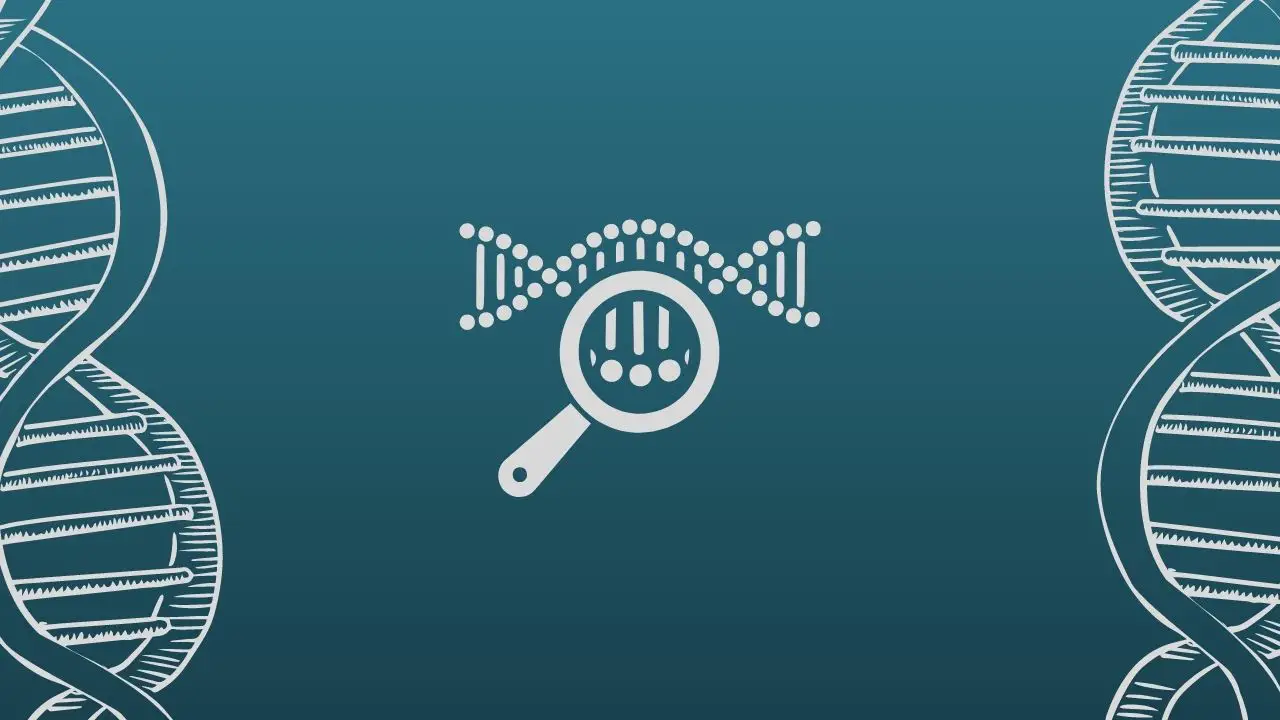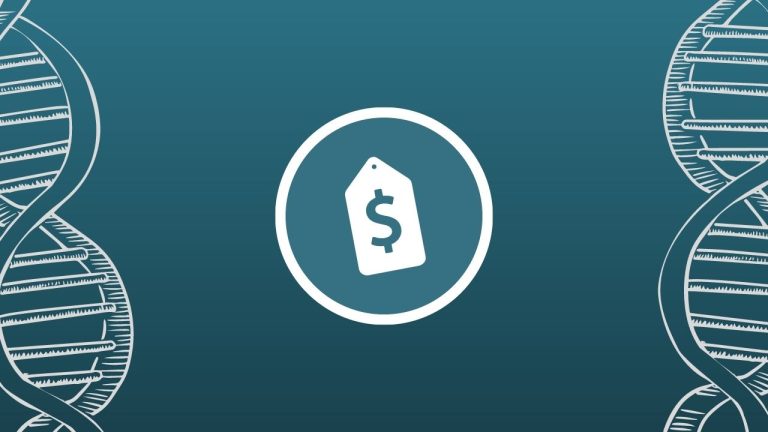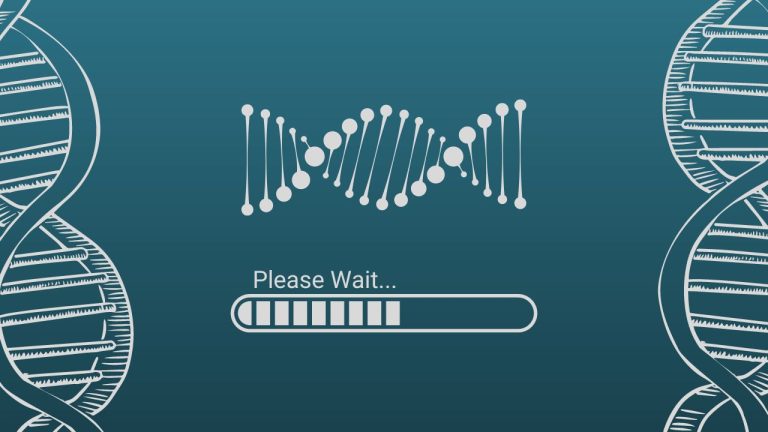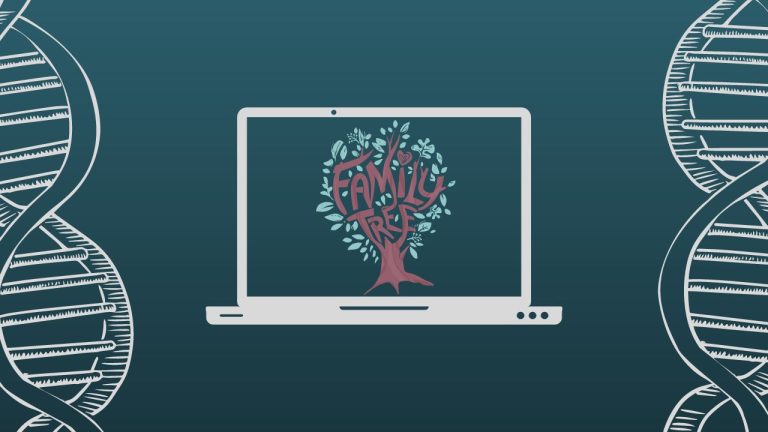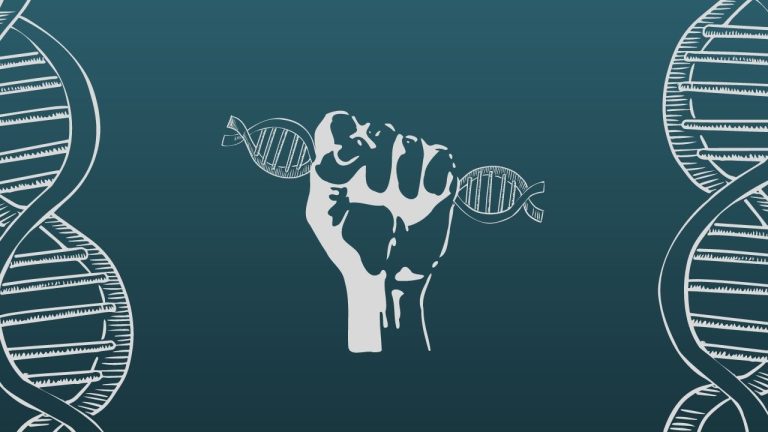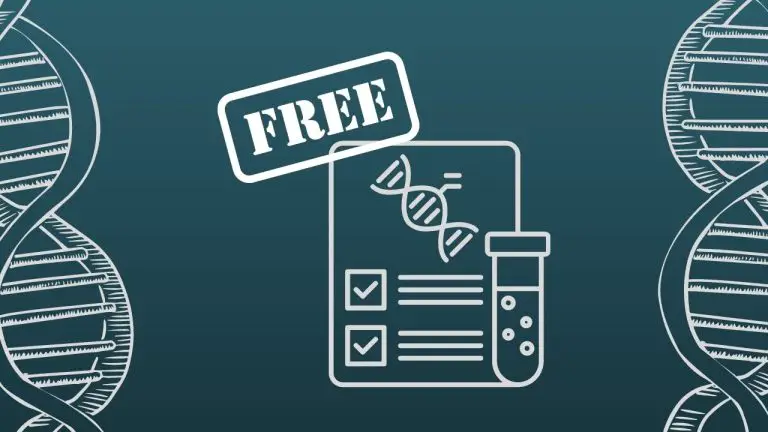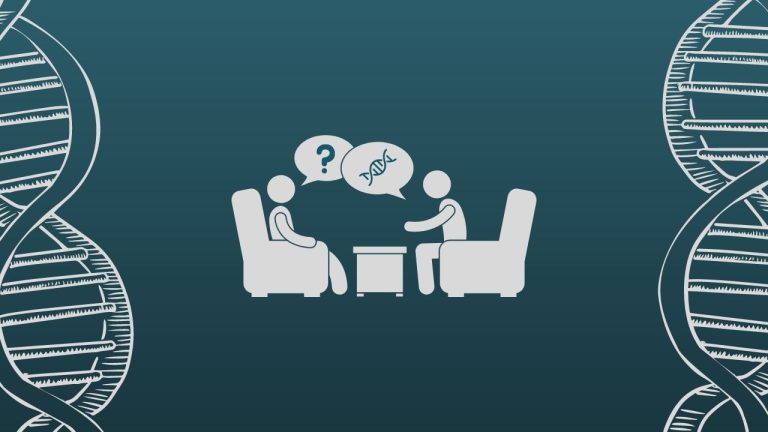Epigenetics Testing: What You Should know
The world of medicine is changing rapidly. The hitherto reactive approach to healthcare is giving way to a revolutionary and personalized form of medicine.
So, what is epigenetics testing? Epigenetics, which means “above genetics is one discipline that is sure to change the face of medicine and general health care. Thanks to the science of epigenetics, scientists can predict and ward off diseases even before they develop.
From academic journals to the mainstream media, epigenetic testing holds enormous potentials in human medicine.
Currently, many individuals use genetic testing to find out if they might have a disease in the future and work on early prevention. Scientists can predict what could go wrong in your health by examining the relationship between your genes and your environment with epigenetics.
More than 70% of all health care budgets of most countries are spent on curative medicine.
However, investments in epigenetics testing would help identify health risks before they turn into illness. Believe it or not, epigenetics helps to access and minimize your risk of falling sick.
What is Epigenetics?
Epigenetics simply studies how certain behaviours, lifestyle habits, and environments can impact how our genes work.
Genes play a critical role in our health.
However, our behaviours and environment play an equally significant role also. Your lifestyle habits such as what you eat, how you exercise, where you live, and your genetic makeup can change how your body reads your DNA sequence.
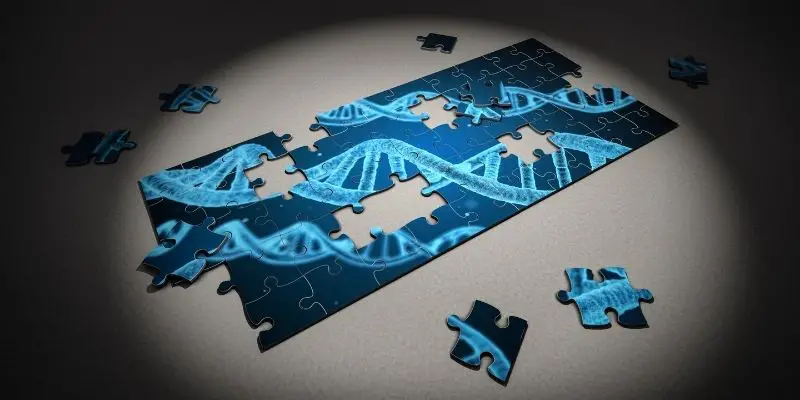
Epigenetic changes are reversible and do not alter your DNA sequence, but they can change how your body reads a DNA sequence.
Types of Epigenetic Changes
Gene expression is affected by epigenetic changes in different ways. The following are the types of epigenetic changes:
1. DNA Methylation
DNA methylation occurs when a chemical group gets added to DNA and blocks the protein that attaches to DNA to read the gene.
The chemical group can be removed by a process called demethylation. At the same time, demethylation turns genes off while methylation turns genes on.
2. Histone Modification
Histones are proteins that are wrapped around by DNA. Some genes are wrapped around histones and turned off, while some are not wrapped around histones and turned on. Chemical genes can be added or removed histones and change whether a gene is wrapped or unwrapped.
3. Noncoding RNA
Coding RNA is used to make proteins. Non-Coding RNA helps to control gene expression by attaching to coding RNA along with specific proteins.
How can your Epigenetics change?
Epigenetics changes begin before you are born. All cells have similar genes, but they look and behave differently. Epigenetics helps to determine which function a cell would have.
· Epigenetics and age
Throughout your life, epigenetics alters. Epigenetics at birth differs from epigenetics in childhood and adulthood.
· Epigenetics and Reversibility
Epigenetic modifications aren’t always lasting. In response to changes in behaviour and environment, some epigenetic modifications can be added or eliminated.
How do Epigenetic changes affect your health?
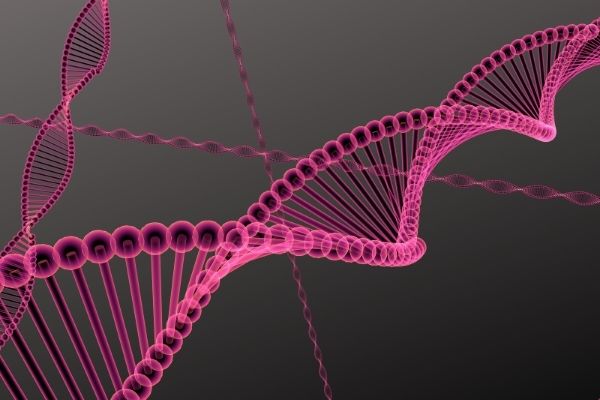
Epigenetic changes can have a variety of effects on your health. Let’s take a look at some of them.
- Cancer: You are prone to get cancer if you have certain mutations. Epigenetics tests can help determine the type of cancer a person has or help detect cancer much earlier. However, you must note that epigenetics alone does not cause cancer, as further screening tests are needed to confirm cancer.
- Infections: Germs can impair the immune system by changing your epigenetics, which aids in the germ’s survival.
Why is Epigenetics Important
While epigenetics is still at a nascent stage, it holds tremendous potential for the future of medicine and general health. Epigenetics is practical for identifying health risks and gives you the tools to checkmate these risks. Epigenetics holds great potential in the following areas below;
1. It has the potential to change how we treat diseases
An incorrect epigenome can act like a hereditary mutation since it influences how genes behave. This can lead to increased risks for diseases like cancer or autoimmune disorders, even if the genes below the epigenome are normal.
Scientists can develop medications to treat epigenetic abnormalities as we understand more about what causes them.
2. It has the potential to transform the way we treat addiction
Some people are more susceptible to addiction than others. However, there is no single addiction gene as addiction is caused by a combination of genetic and environmental variables.
Researchers have discovered that epigenetic pathways have a role in the brain regarding addiction, influencing how the genes express themselves to develop an addiction.
More profound knowledge of how epigenome impacts addition could change how addiction is treated to reduce the likelihood of addiction in a person’s offspring.
Epigenetics holds a lot of potentials as it could change the way we treat diseases such as cancer, better understand addiction, and how the effects of trauma are passed down to a new generation.
You can influence how your epigenetics change over time by changing your lifestyle, sleep, diet, supplements, and detoxification.
By doing so, you can lower your risk of various conditions ranging from heart disease to diabetes and others.
Understanding epigenetics gives you insight into how to keep yourself fit and healthy for over a long period.
Epigenetic Testing
The next generation of DNA testing is epigenetic testing. Testing your genes provides you with valuable information about your potential dispositions.
However, it doesn’t give you insights into how your environment has affected your gene expression. This is where epigenetic testing comes in.

A typical gene result that indicates you do not have a variant suggests that you are at a decreased risk for that particular trait or disease.
Epigenetic testing gives you detailed information about the gene capabilities by layering your methylation results on top of your DNA results.
What is Epigenetics Testing?
Epigenetic testing examines genetic changes aside from DNA sequence changes. These can help to reveal your biological age and influence your susceptibility to certain conditions.
However, they can be kept track of and changed. Blood or saliva tests can be used to access your epigenetics and determine your actual age. They may provide information about your proper health and how long you may expect to live.
How Do you Determine Your Biological Age?
In terms of time, your chronological or calendar age represents how old you are. On the other hand, your biological age determines your age based on numerous biological markers, such as your cells and blood condition.
These can be influenced by lifestyle, diet, and other factors. By measuring this figure, you would have a good idea of where you are in your lifecycle.
Today, you can find numerous companies that provide methods for measuring your biological age through epigenetic testing. While some companies offer a home test kit that uses saliva, others require blood samples.
The main challenge with determining your biological age is that different parts of you may age at different rates. Examining DNA methylation may be a more practical approach as it can scan a person’s genome and monitor how it changes over time.
Epigenetic Testing Kits
There are several companies today that sells epigenetic test directly to the consumer. Some companies offer a home test kit using saliva, while others require blood samples.
To begin your epigenetic testing journey, choose a company that offers epigenetic testing. Depending on the brand, you can order and receive your epigenetic testing kits in a quick time.
For a company that performs epigenetic testing on a sample of saliva, the testing kit may come with a cotton swab or small brush to collect a sample of cells from the inside of the surface of the cheek.
This method of sample collection is known as the dry procedure. Some company’s epigenetic testing kit requires a wet method of sample collection. This procedure usually involves swishing a liquid around your mouth and spitting the specimen into a collecting device.
The sample is sent to a laboratory, where detailed epigenetic scrutiny is carried out.
The pros and cons of swab epigenetic testing kit
Pros
- The procedure is painless as it does not require needles or skin punctures.
- It is a quick, non-invasive procedure.
- They are relatively affordable.
Cons
- Bacteria can attack the cells containing the DNA if not dried and stored correctly.
Epigenetic testing kits requiring blood samples are pretty similar to cheek swabs. However, they are not as easy as using cheek swabs.
The testing kit comes with a needle that is inserted to draw your blood. Some epigenetic testing companies may offer mobile sample collection services for individuals who cannot go through the procedure by themselves.
Pros and Cons of blood epigenetic testing kits
Pros
- Clean blood in proper tubes reduces the chances of contamination.
- It might be more accurate
Cons
- Users might feel a degree of pain as needles puncture the skin.
- Collecting blood samples for epigenetic testing is not as fast as the cheek swab procedure.
Epigenetics Testing concerns
The direct-to-consumer epigenetic testing market is still entangled in ethical and legal concerns. Some countries such as Germany and France have prohibited Direct to consumer testing.
Similarly, epigenetic testing results are quite sensitive as it provides insight into the individual’s private information. One primary concern is Who should be allowed to access this information and under what circumstances.

